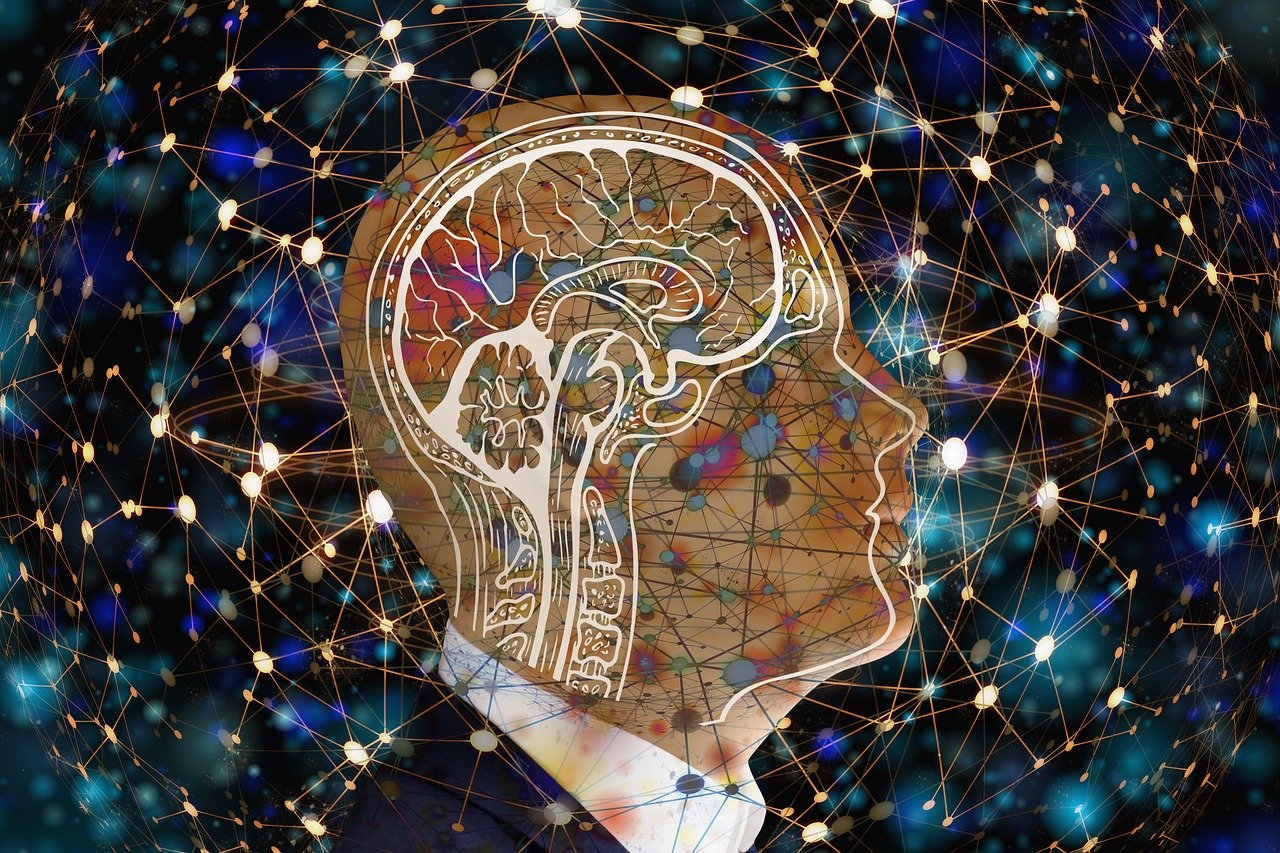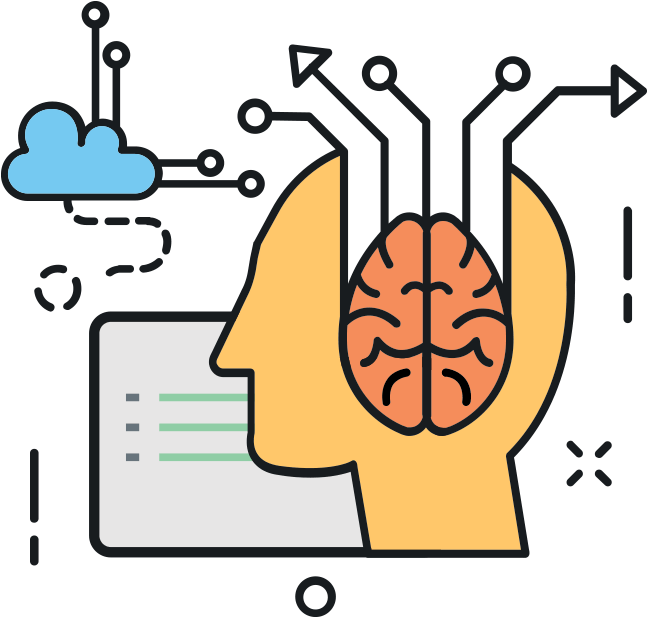The great impacts of AI aren’t without challenges. A steep learning curve insinuates mistakes and miscalculations, which can result in unanticipated harm. When designing, producing, and deploying AI models, data scientists, engineers, domain experts, and delivery managers should make ethics a priority.
What is the Ethics of AI?
AI ethics are techniques, values, principles, and accepted standards of right and wrong to guide moral conduct in development and deployment.
Robot ethics
Robot ethics, or roboethics, refers to the morality of how humans build, design, use and treat robots. This subset is concerned with the rules AI engineers and those involved in the creation and deployment of AI models should apply to ensure ethical robot behavior. Roboethics deals with moral dilemmas, such as concerns of robots posing threats to humans or using robots in wars.
The main principle is guaranteeing autonomous systems exhibit acceptable behavior in situations with humans, AI systems, and other autonomous systems such as self-driving vehicles. Robot ethics emerged out of engineering ethics and shares its origins with both Asimov’s Laws and traditional engineering concerns of safe tools.
Machine ethics
Unlike roboethics, machine ethics, also known as machine morality, is a new field that focuses on the designing prospects of computer and robotic systems that demonstrate sensitivity to human values. In other words, machine ethics deals with the implementation of human value sensitivity into AI models so that they can make morally sound decisions. As such, this field is concerned with designing Artificial Moral Agents (AMAs), robots, or artificially intelligent computers that behave morally.
You can think of a robot’s choices and actions as hard-wired. We sometimes refer to this as “operational morality.” As systems become more autonomous, there arises the need to build AI models with ethical routines so that they can select and act out appropriate behavior from among the various courses of action. This is known as “functional morality,” and this is what Machine ethics is about. Functional morality can still fall far short of full moral agency.
Click here to read the blog about the ethical concerns of AI: 6 Major Ethical Concerns with AI.
Ethics of AI Principles
Governments, the EU, large companies like Microsoft and Google, and many other associations have drafted several policy documents and ethical guidelines related to the ethics of AI over the years. The converging result currently presents 11 major ethical principles:
Transparency
Transparency is the most prevalent principle in current AI ethics literature. Common things include increased explainability, interpretability, or other acts of communication and disclosure. After all, the impact of AI in people’s daily lives will grow the more it is applied, potentially in life or death decisions, like the diagnosis of disease and illnesses, or the choice of self-driving cars in complex traffic situations. This thus calls for high levels of transparency.
include increased explainability, interpretability, or other acts of communication and disclosure. After all, the impact of AI in people’s daily lives will grow the more it is applied, potentially in life or death decisions, like the diagnosis of disease and illnesses, or the choice of self-driving cars in complex traffic situations. This thus calls for high levels of transparency.
We can apply this principle in data use, human-AI interaction, and automated decisions. Transparency in AI allows humans to see, understand and explain if the models have been thoroughly tested. We can also understand why AI made particular decisions, and what data the AI model has ingested. This helps answer such questions as “What that decision was based on?”, and “Why was it taken the way it was taken?”
Transparency also helps minimize harm, improve AI responsibility, and foster trust. After all, transparency in AI helps make underlying values definitive and encourages companies to take responsibility for AI-based decisions. Such responsible decisions will then not exclude ethical considerations while aligning with the core principles of the company.
Many policy documents suggest increased disclosure of information by AI developers and deployers, although specifications regarding what should be communicated vary from one policy to the next, with some asking for transparency regarding the AI source code, limitations of AI models, and investment specifics while others ask for transparency regarding the possible impacts of AI systems.
Justice, Fairness, and Equity
Many ethical guidelines call for justice and the monitoring of bias. There are some sources, such as the Position of Robotics and AI policy by Green Digital Working Group, that also focus on justice as respect for diversity, inclusion, and equality. This ethical principle of AI emphasizes the importance of fair access to AI and its benefits, placing a particular emphasis on AI’s impact on the labor market and the need to address democratic or societal issues.
 Non-maleficence
Non-maleficence
The principle of non-maleficence calls for safety and security, stating that AI should never cause foreseeable or unintentional harm. More considerations entail the avoidance of specific AI risks or potential harms, such as intentional misuse via cyber warfare or malicious hacking. Risk-management strategies also fall under this principle, such as technical measures and governance. Such strategies can range from interventions at the level of AI research and design to technology development and/or deployment.
Responsibility and Accountability
Sources rarely define responsibility and accountability in AI, despite widespread references to “responsible AI.” Recommendations include acting with integrity and clarifying the attribution of responsibility and legal liability. This principle also focuses on the underlying reasons and processes that lead to harm.
Privacy
Privacy is seen as a value to uphold and a right to be protected. This is often presented in relation to data protection and data security. Hence, in order to uphold privacy, suggested modes of achievement fall into four categories: technical solutions, such as differential privacy and privacy by design, data minimization, access control, and regulatory approaches.
Beneficence
The principle of beneficence comprises the augmentation of human senses and promotion of human well-being, peace, and happiness. This ethical principle focuses on the creation of socio-economic opportunities and economic prosperity. Strategies for the implementation of this principle include aligning AI with human values, advancing scientific understanding, minimizing power concentration and conflicts of interests.
Freedom and Autonomy
This refers to the freedom of expression and the right to flourish with self-determination through democratic means. This ethical philosophy also refers to the freedom to use a preferred platform or technology. Transparency and predictable AI promote freedom and autonomy.
Trust
This principle calls for trustworthy AI research and technology, trustworthy AI developers and organizations, and trustworthy design principles. The term also underlines the importance of customers’ trust. A culture of trust among scientists and engineers can support the achievement of other organizational goals. Furthermore, in order for AI to fulfill its potential, overall trust in recommendations, judgments, and AI use is indispensable.
Education, reliability, and accountability are important to build and sustain trust. Engineers can also develop processes to monitor and evaluate the integrity of AI systems over time. Additionally, while some guidelines require AI to be transparent and understandable, others explicitly suggest that instead of demanding understandability, AI should fulfill public expectations.
 Sustainability
Sustainability
Sustainability calls for the development and deployment of AI to improve the ecosystem, protect the environment, improve biodiversity, and contribute to fairer and more equal societies. Ideally, AI can create sustainable systems whose insights remain valid over time through the increase in efficiency in the process of designing, deployment, and management of AI models. We can achieve sustainability by minimizing the ecological footprint.
Dignity
The principle of dignity is intertwined with human rights. It entails avoiding harm, forced acceptance, automated classification, and unknown human-AI interaction. Artificial Intelligence should not diminish or destroy but respect, preserve and increase human dignity.
Solidarity
Solidarity is an ethical principle mostly referenced in relation to the implications of AI for the labor market. It calls for a strong social safety net. This fundamental philosophy underlines the need for redistributing the benefits of AI to protect social cohesion and respect vulnerable groups.
Why do we need Ethics of AI?
Ethical AI ensures that AI initiatives maintain human dignity and don’t cause harm. Data often reflects the bias in society, and when not corrected, can cause AI systems to make biased decisions. AI firms need to ensure that the choices they make, from the partners they work with and the composition of their data science teams to the data they collect, all contribute to minimizing bias. Furthermore, the adoption of ethical AI principles is essential for the healthy development of all AI-driven technologies. Self-regulation by the industry will also be much more effective than any legislative effort if engineers and developers uphold ethical principles during the creation and deployment process.
You can also read our previous blog about how businesses benefit from AI: 10 Benefits and Applications of AI in Business.
The Fuse.ai center is an AI research and training center that offers blended AI courses through its proprietary Fuse.ai platform. The proprietary curriculum includes courses in Machine Learning, Deep Learning, Natural Language Processing, and Computer Vision. Certifications like these will help engineers become leading AI industry experts. They also aid in achieving a fulfilling and ever-growing career in the field.

 Non-maleficence
Non-maleficence
 Sustainability
Sustainability